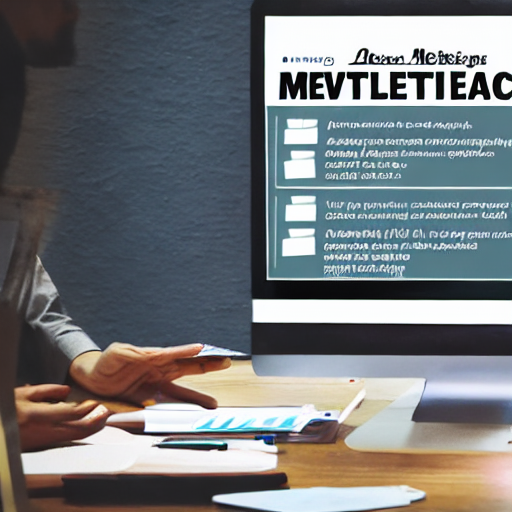

Meta Ad Agency understands that your budget is a crucial factor in the success of your digital marketing campaigns. We don’t just sell advertising; we build strategic partnerships focused on delivering measurable results while optimizing your investment. This comprehensive guide explores key negotiation tactics, strategic considerations, and best practices to help you get the most out of your advertising spend.
In the dynamic world of digital advertising, negotiation is no longer optional – it’s essential. Meta (formerly Facebook) and other platforms are constantly adjusting their pricing models, and fluctuations in competition can significantly impact your cost per click (CPC), cost per thousand impressions (CPM), and overall return on investment (ROI). Without a proactive negotiation strategy, you’re essentially accepting the platform’s standard rates, which may not be the most advantageous for your specific goals.
At Meta Ad Agency, we believe in transparency and open communication. We aren’t advocating for aggressive demands; instead, we provide you with the knowledge and strategies to effectively advocate for your needs. This isn’t about “getting a deal” – it’s about securing the best possible terms that align with your objectives and demonstrate the value you bring to the partnership.
Before entering any negotiation, it’s critical to have a well-defined budget and clear objectives. This provides a strong foundation for discussion. Share your target metrics – such as website traffic, lead generation, or sales – and explain how Meta’s advertising solutions can help you achieve them.
Example: Let’s say your goal is to generate 50 qualified leads per month through Facebook ads. During the negotiation, you can state, “We’ve researched the industry and believe that with a targeted campaign, we can realistically achieve this goal, but we need to discuss the cost-effectiveness of reaching this level of performance.
The more data you can provide about your target audience, the stronger your negotiation position. Share demographic information, interests, behaviors, and any existing customer insights. This demonstrates your commitment and shows the platform the potential reach of your campaign.
Example: “We’ve identified a niche audience of women aged 25-34 who are interested in sustainable fashion. Providing this detailed information allows Meta to optimize our targeting and ensure we’re reaching the most relevant users, potentially reducing wasted ad spend.”
Don’t just present a wish list; present data. If you’ve run previous campaigns (even small ones), show the results. This demonstrates your understanding of the platform and your ability to manage a campaign effectively. Explain what worked well, what didn’t, and why.
Be upfront about your campaign objectives – brand awareness, website traffic, lead generation, etc. Clearly outline your desired budget allocation across different campaign formats (e.g., image ads, video ads, carousel ads). This allows for a data-driven discussion about optimizing spending.
While you can’t always dictate the exact rates, you can certainly discuss them. Start with a reasonable range based on your industry, target audience, and campaign objectives. Be prepared to justify your request with data and insights.
Tip: During peak times (e.g., holiday seasons), CPM rates tend to increase. Consider adjusting your campaign schedule to avoid these periods or negotiating a lower rate.
Meta offers a variety of ad formats. Discuss which formats align best with your goals and budget. Sometimes, a shift in format can reduce costs. For example, a single image ad may be less expensive than a video ad.
Meta’s algorithms are designed to deliver highly targeted ads. The more specific your targeting criteria, the lower your CPM. However, overly restrictive targeting can limit your reach. Finding the right balance is crucial.
Adjusting your campaign schedule can significantly impact costs. Avoid running campaigns during peak periods or when competition is highest. Consider scheduling campaigns for shorter durations and testing different strategies.
High-quality, engaging creative – including compelling visuals and persuasive copy – can improve your ad’s performance and reduce costs. Meta rewards creative that resonates with users, leading to lower CPMs and better conversion rates.
Negotiation doesn’t end with the initial agreement. Ongoing monitoring and optimization are essential for maximizing your ROI and proving the value of your partnership. Regularly analyze your campaign performance and make adjustments as needed.
Example: If your click-through rate (CTR) is low, you can proactively discuss with your account manager ways to improve your ad creative or targeting.
Tags: Meta Ad Agency, Negotiation Tactics, Ad Budget, Cost-Effective Advertising, Digital Marketing, ROI, Campaign Optimization, Budget Management
0 Comments